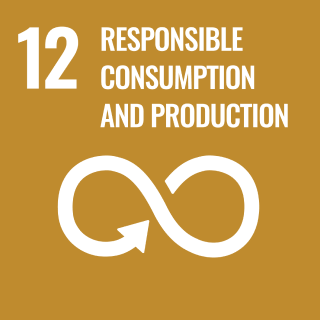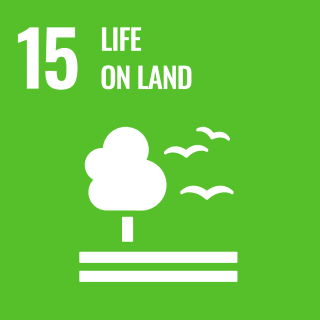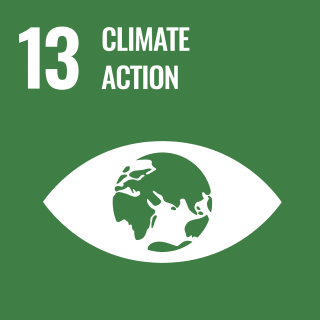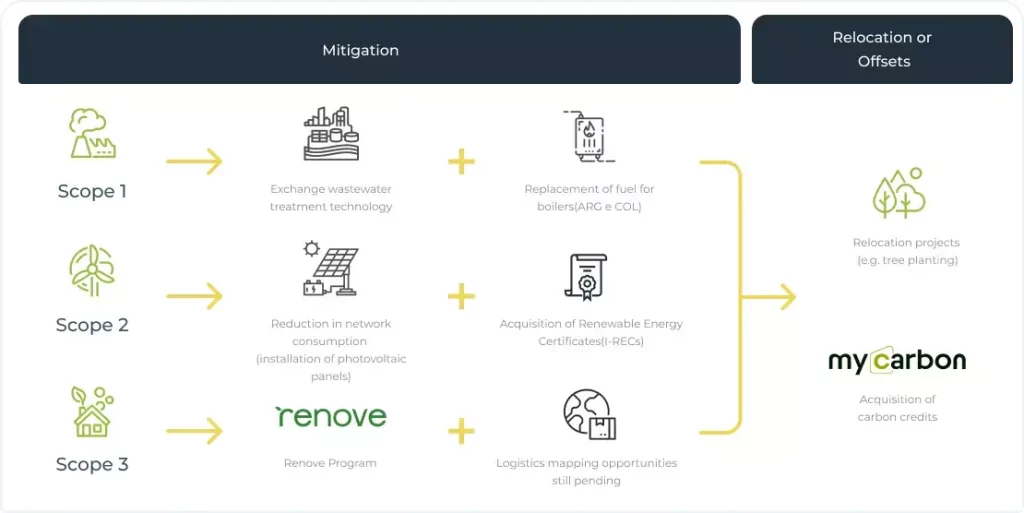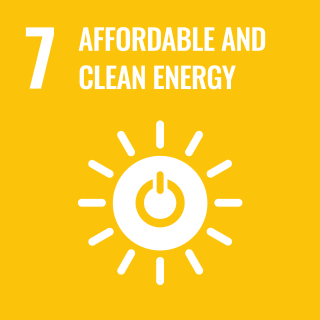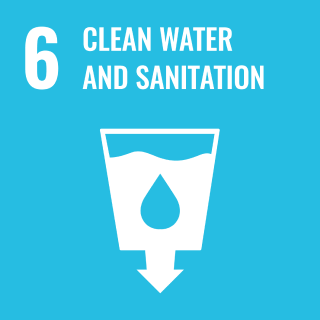The company’s geomonitoring system once again proved its effectiveness during the third-party audits performed by the Federal Public Prosecutor’s Office in 2023. The results showed that the transactions carried out by Minerva Foods between July 2020 and December 2021, in the states of Pará and Rondônia, achieved 100% compliance in the audits. For the state of Mato Grosso, we also achieved 100% compliance in transactions carried out between January 2021 and December 2021. All the socio-environmental criteria of the Monitoring Protocol for Cattle Suppliers in the Amazon were met and audited by Grant Thornton Brasil.
In another year, the company also achieved 100% compliance in the audit of the Public Livestock Commitment, signed in 2009, meeting the premises of zero illegal deforestation in the Amazon, overlapping indigenous lands, conservation units, slave labor and Ibama embargoes, considering transactions from January to December 2022. This result was audited by BDO RCS Auditores Independentes.


